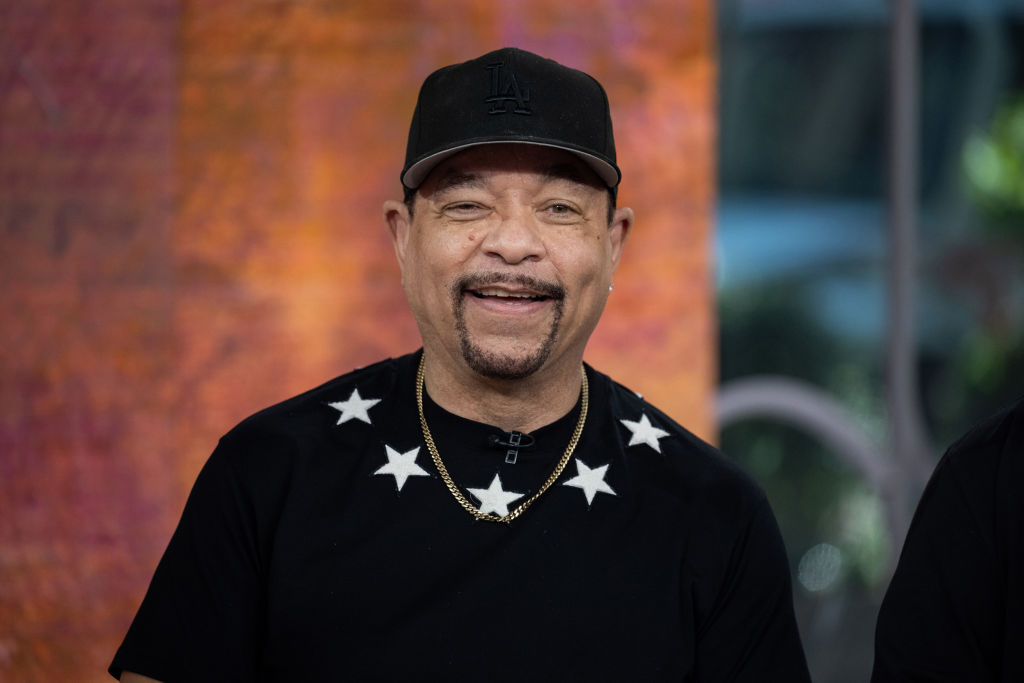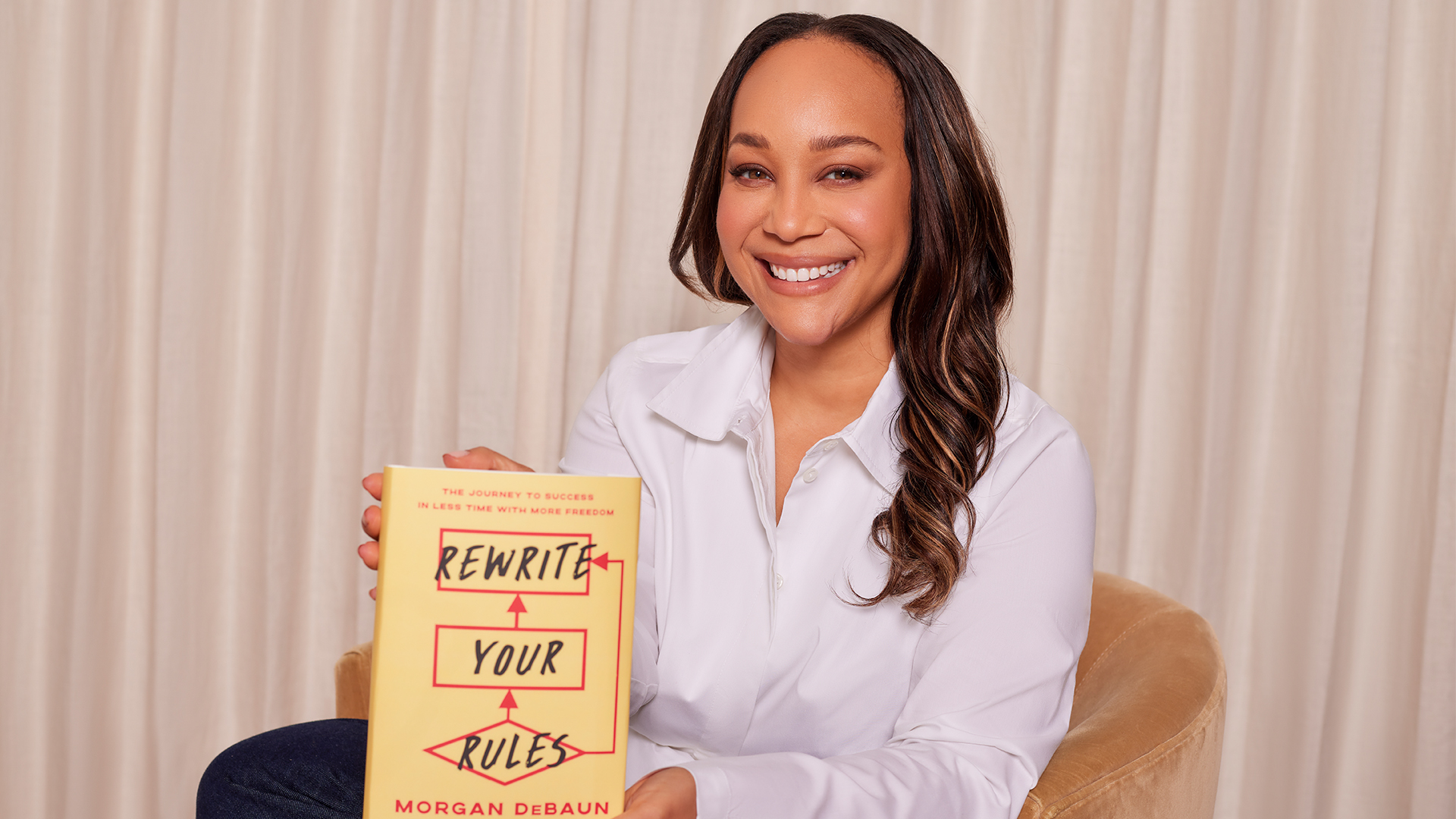Content is ubiquitous.
That’s great for consumers who devour streaming audio and video voraciously each day. But it’s a mixed bag for content creators who have to cut through the clutter to have their creative work seen and heard.
To be fair, not all content is good content. But everyday content creators are often competing with established television, film production, and record companies on the same platform for the same eyeballs. And even the talented aspirants often struggle to stand out.
Historically, many young Black Americans have gravitated towards sports or entertainment as career choices. And with platforms like YouTube, where anyone with a smartphone can quickly showcase their singing, rapping, or dancing ability, dreams of fame and fortune feel closer than they’ve ever been.
Many aspiring musicians start by putting their music out there on streaming platforms like SoundCloud, Spotify, and YouTube. Doing so is a good start. But, understand, streaming revenue from these platforms, even for the most significant artists, is relatively paltry. On YouTube, for example, an artist’s split of streaming revenue may be as low as $2,000 per million views. Now there are ways to increase how much you earn per view, but your take-home pay will be in the thousands, not millions. And that’s before taxes and before you cover your expenses, like paying your producers, manager, and others who provide support services.
Musicians typically support themselves by performance fees (because streaming revenue doesn’t cut it) and non-music industry-related employment. With the pandemic-driven closure of entertainment venues across the country, musicians are experimenting with other ways to monetize their content through creator-friendly online platforms like OnlyFans and Patreon. But it takes time for the new musician to build the kind of online following necessary to monetize these platforms effectively.
It’s not enough to just throw your music out there. But if you’re committed to a career in the music industry, consider broadening your vision of what musical success looks like to you. Could you work as a production engineer while working on your career at the same time? Don’t just continue to release music on Spotify. Intern at a recording studio to learn the basics or take a music technology course at a college. This way, you’ll have skills and employment opportunities in the industry you can take advantage of until your career takes off.
It’s important not to give up on your dreams. But it’s also essential to expand your definition of success to allow yourself to take advantage of every opportunity the music industry has to offer. Doing so will help you pay the bills and network in the industry while building your own career.

















